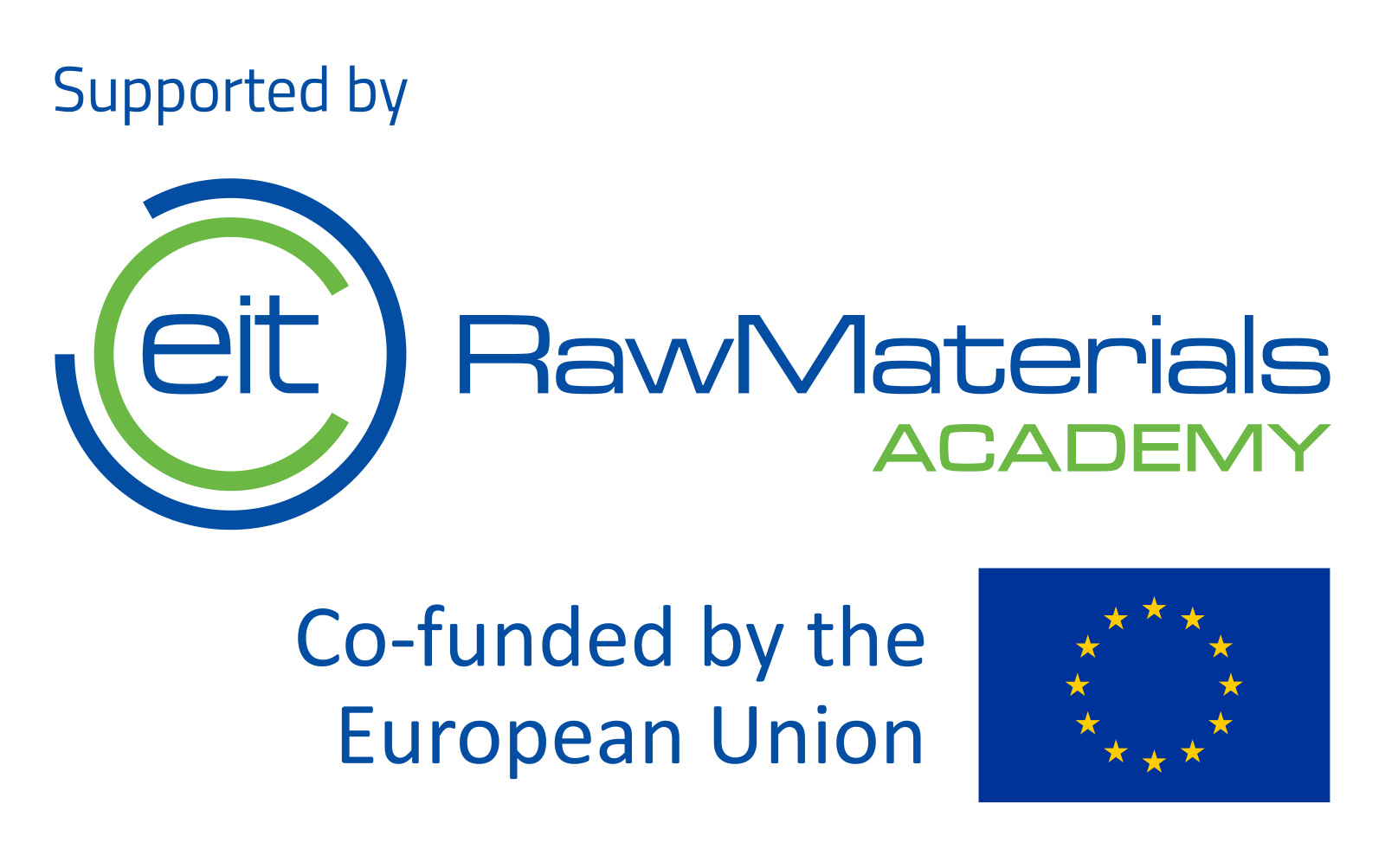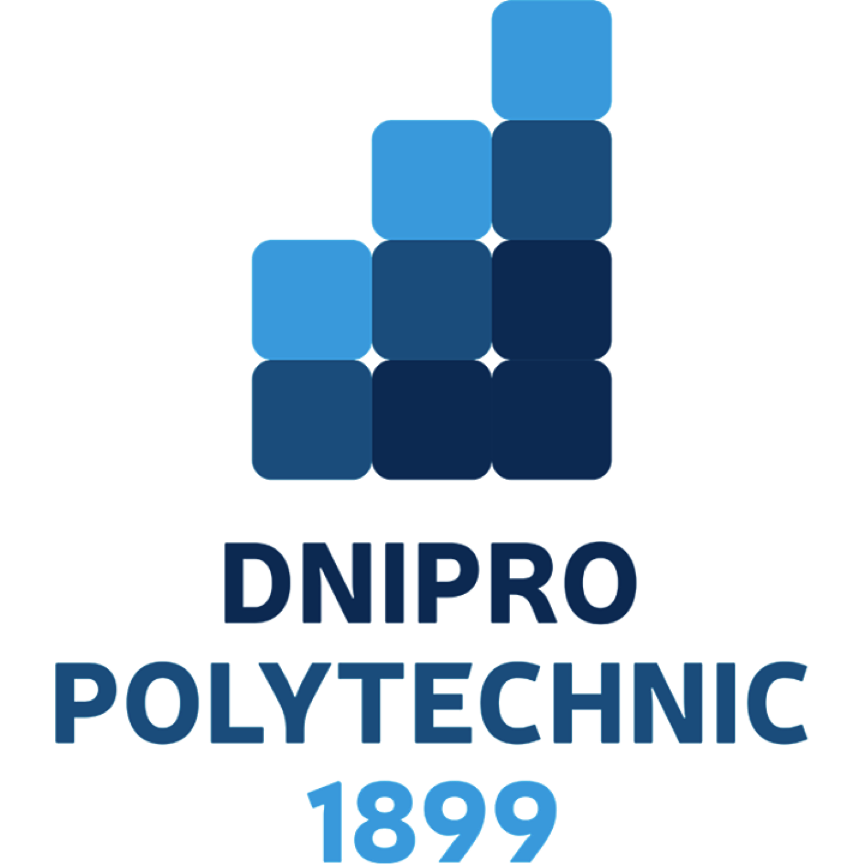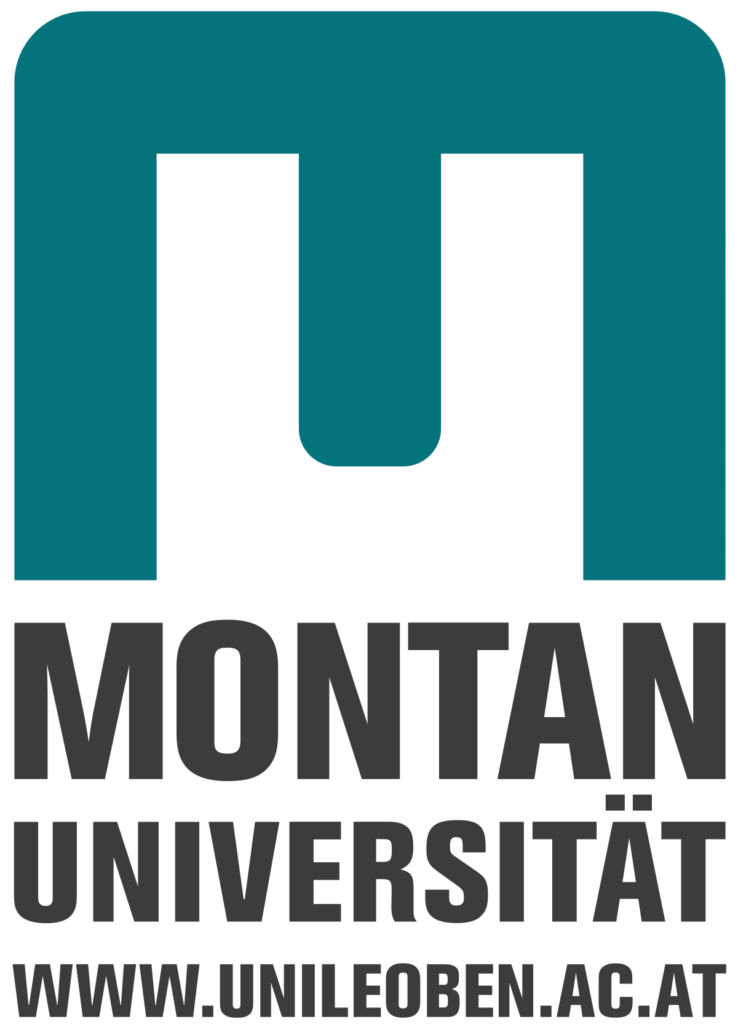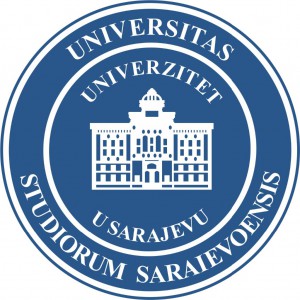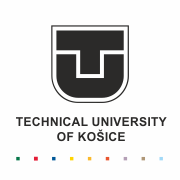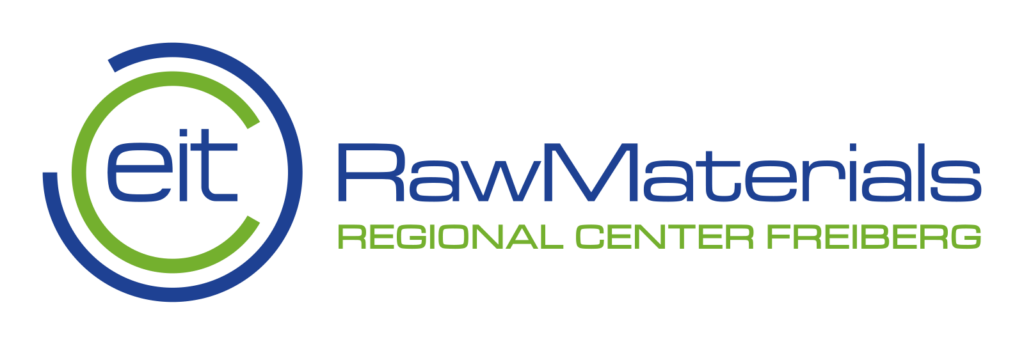
The triple degree Study Programme “International Master of Science in Engineering, Entrepreneurship and Resources” (MSc. ENTER) aims to create highly qualified mechanical and process engineers at the Master level with a specialisation in maintenance engineering for the raw materials sector from the ESEE region (East & South-East Europe) and for the ESEE region. The program has been developed with the support of EIT Raw Material Academy. The Master study programme consists of 4 semesters (2 years) and is embedded in the existing Master’s degree programmes of the participating universities. In each semester, students are required to take at least 30 ECTS credits.
In the today’s economy, technical education do not meet current requirements of the employment market for engineers. Moreover, new small and medium-sized enterprises (SMEs) are in great demand, e.g. there is a space for enterprises that specialise inspare parts handling, auxiliary services, and recycling. Start-ups or small-scale businesses in mechanical and process engineering related to raw materials undergo low investments nowadays. Additionally, outsourcing, extending the network and establishing partnerships in East and South-East Europe (ESEE) is of a high priority.
– Avoid the brain-drain of local communities and promoting circular economy in the ESEE region.
– Create highly qualified professionals or entrepreneurs with a specification in maintenance engineering for the ESEE region.
– Contribute to technological advancement and competence building in the ESEE region.
– Support commercial know-how and technology transfer for the subject-specific operations in the raw materials industry.
– Encourage start-ups in the ESEE region.
Apply for Erasmus+ funding
For up to 12 months’ study-abroad periods in Finland and in Germany, respectively, students can apply for Erasmus+ funding. Erasmus+ is the EU’s programme to support education, training, youth and sport in Europe. https://erasmus-plus.ec.europa.eu/
Funding is paid for the study periods abroad. For Students from Erasmus+ partner countries (third countries not associated to the EU, e.g. Bosnia-Herzegovina, Ukraine) it comprises a monthly grant of 850 euros and a one-time travel allowance. In addition, students may receive a social top-up if eligible. This will be examined by the International Offices of the host universities.
Students from Erasmus+ programme countries (e.g. Slovakia, Hungary) apply for Erasmus+ funding with their home universities.
